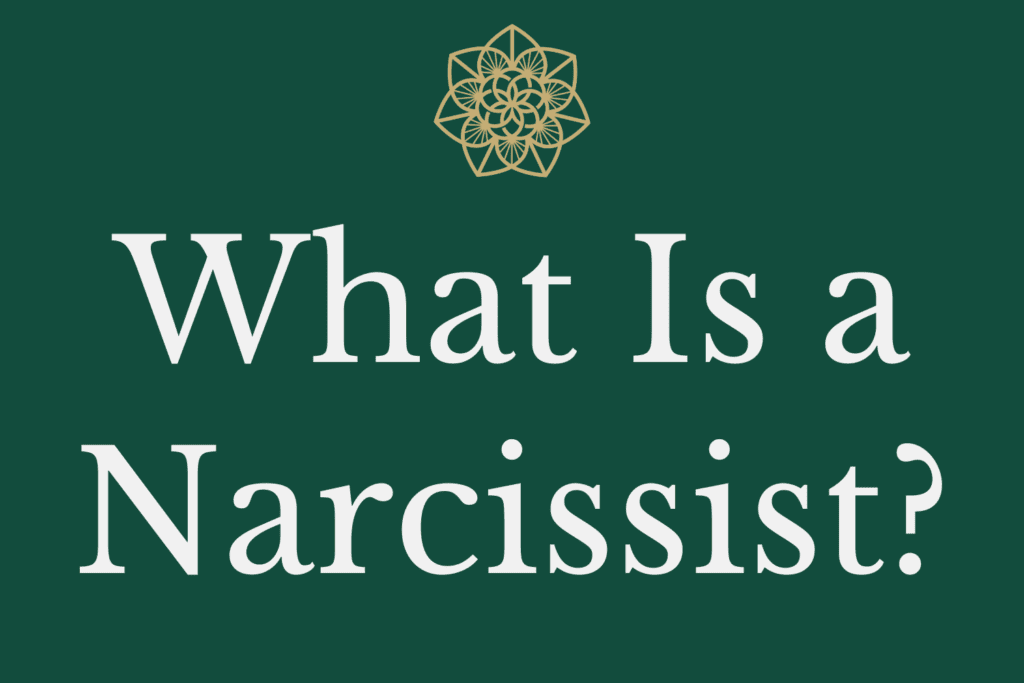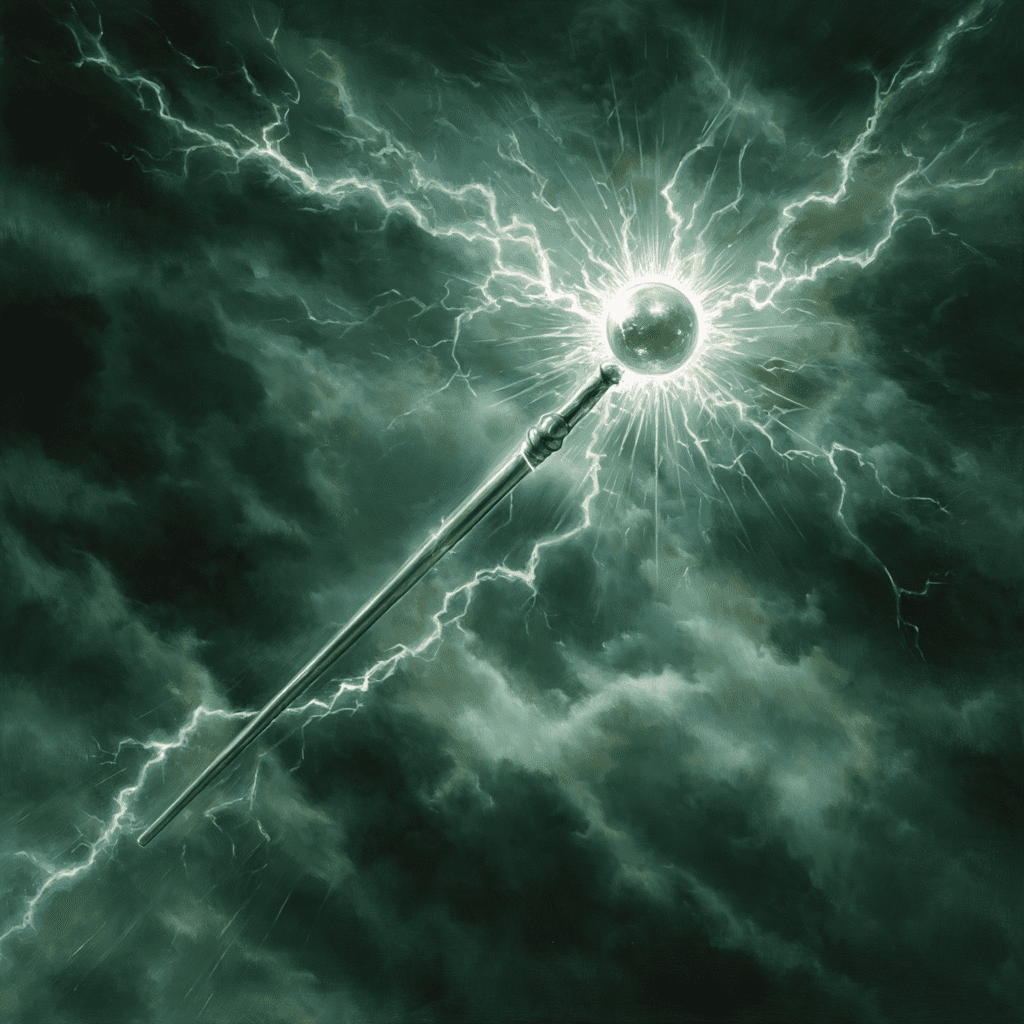The word ‘narcissist’ is shorthand for someone with Narcissist Personality Disorder, which is a medical diagnosis for someone displaying observable characteristics including an inflated sense of their own importance, an insatiable need for attention and admiration and a pathological lack of ability to experience empathy.
At its core, however, a narcissist can be thought of as someone who has developed an immovably strong & rigid ‘persona’ in response to early childhood conditions, and which must be propped up to defend against repressed feelings of shame.
The persona can be thought of as the social mask a person wears to present themselves to the world. We all develop a persona starting in childhood to help us to survive and belong socially. It is how we want to be seen by others. But as we mature, our psychospiritual evolution requires us to loosen our grip on the persona. Whilst it may have once been useful, it becomes highly limiting and problematic in later life.
The persona is held in place by unresolved feelings, which have been repressed in response to perceived danger. Becoming whole in ourselves and fulfilling our potential requires that we work through these feelings, release ourselves from the persona, and bring on board all aspects of our consciousness. Completing this work allows us to behave freely in the world, rather than merely act out existing patterns.
In the case of narcissism, the persona is so firmly rooted, and the unresolved feelings so strong, that the individual would rather die than let it go. Indeed, there are very logical reasons for this given the conditions of their early childhood, where not performing as the persona could well have seemed a matter of life or death. Deep, unrealised feelings of guilt and shame, are firmly repressed and regulated by a grandiose, shameless and/or perfect persona.
Their persona, whilst it ‘looks like’ precisely what the narcissist needs in order to resolve feelings of guilt and shame, isn’t the real thing. In eternally acting out who they feel they should be, they cheat on their real selves. The narcissist is unable to discern the difference between true connection vs. using people to gratify their self-image. In taking the latter as their guiding principle, they are willing to go to any lengths of superficiality, deception, gaslighting and coercion in order to gain what they truly value. Much of the narcissist’s unusual and unethical behaviour can be understood as strategies designed to hold off and regulate these unconscious feelings, perpetually preventing them from coming into conscious expression.
In any case there are always perfectly understandable reasons as to why narcissists are the way they are. If you investigate into their childhood you will typically find it was dysfunctional and abusive, or involved serious neglect or abandonment. Narcissists are not “bad people.” They are as deserving of kindness, compassion and pity as anyone else.
They are, however, by definition incapable of engaging in mutually-enriching lasting relationships and are, sadly, incurable. This is ultimately what renders them ‘toxic’ and makes attempting a long-term, mutually-enriching relationship with them futile. So whilst the narcissist’s condition is understandable, it would be a mistake to excuse or minimise it, or try to cure the narcissist. The hopeless desire to fix or help is a major factor that draws well-meaning empathic people into relationships with narcissists, including exploitative cults.
Other people to narcissists are viewed as tools for propping up their self-image. Any relationship with them is, explicitly or not, engaged in on the terms that one will subsume to their inexhaustible need for attention, validation and admiration. Every unit of energy needed to keep their unresolved feelings at bay, must be met with an equal unit of energy obtained from somewhere else. This constant need for attention, admiration and validation, known as ‘narcissistic supply,’ provides the motivating force behind the formation of any exploitative cult.
At the centre of any cult is a narcissist. Whilst not all narcissists are cult leaders, all cult leaders are narcissists. Many people recovering from cults and situations of exploitation find it very helpful to make sense of the mind of the narcissist as part of their own recovery.
I am under no illusions that any narcissist, upon reading this, would change or come to any meaningful insight. Most likely they would not recognise themselves as a narcissist at all.
It is not written for them – it’s for those on the receiving end of their exploitation, who are interested in understanding what they have encountered, integrating what they need to integrate and doing the work of genuine spiritual growth.
If you believe you have been the victim of narcissistic abuse, and would like to enquire into recovery coaching, you are welcome to book a free 30 minute Perspectives Call with me here.


